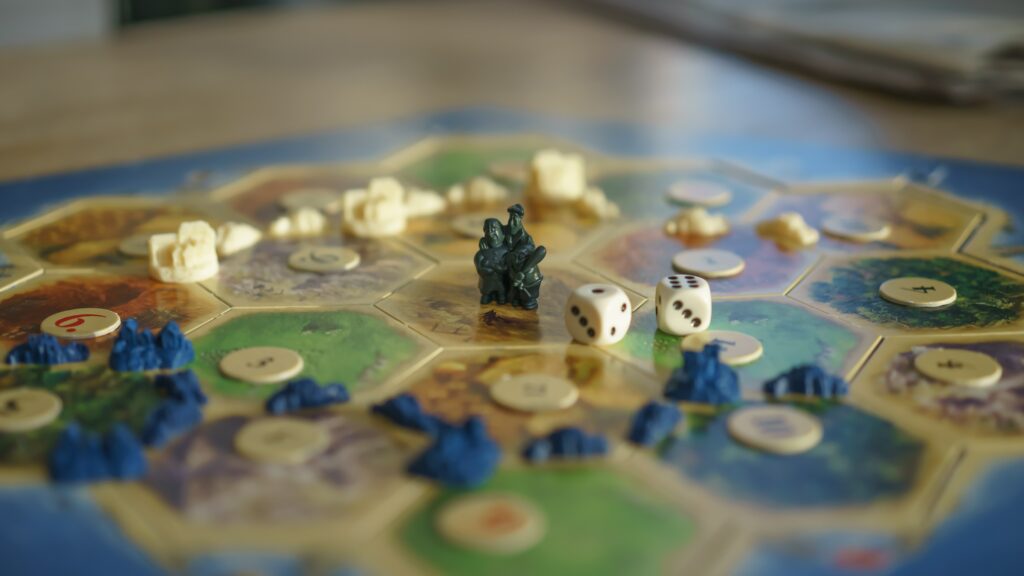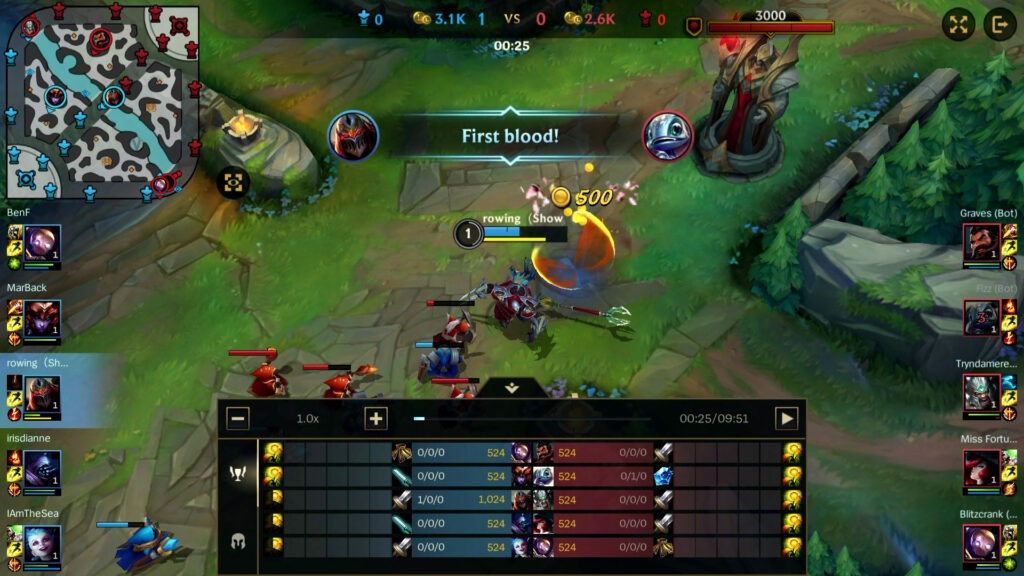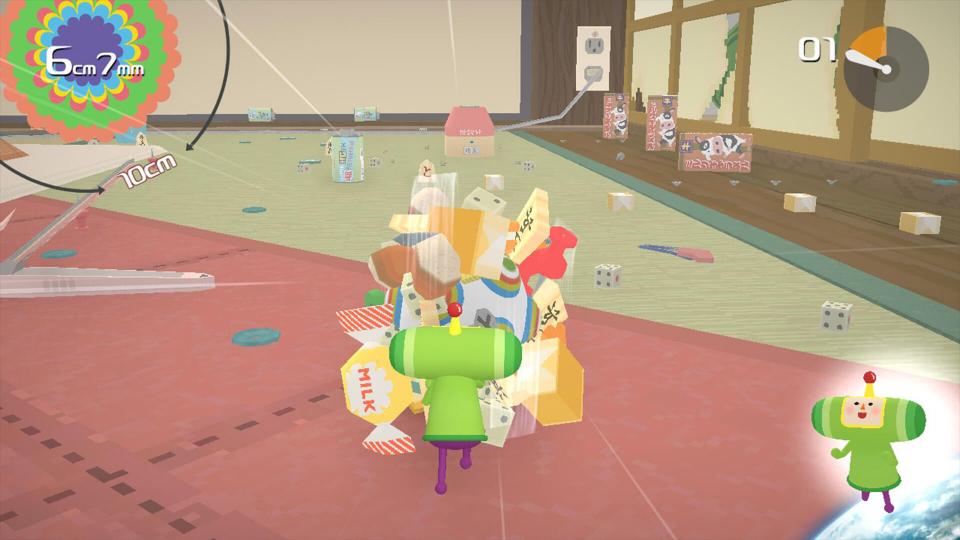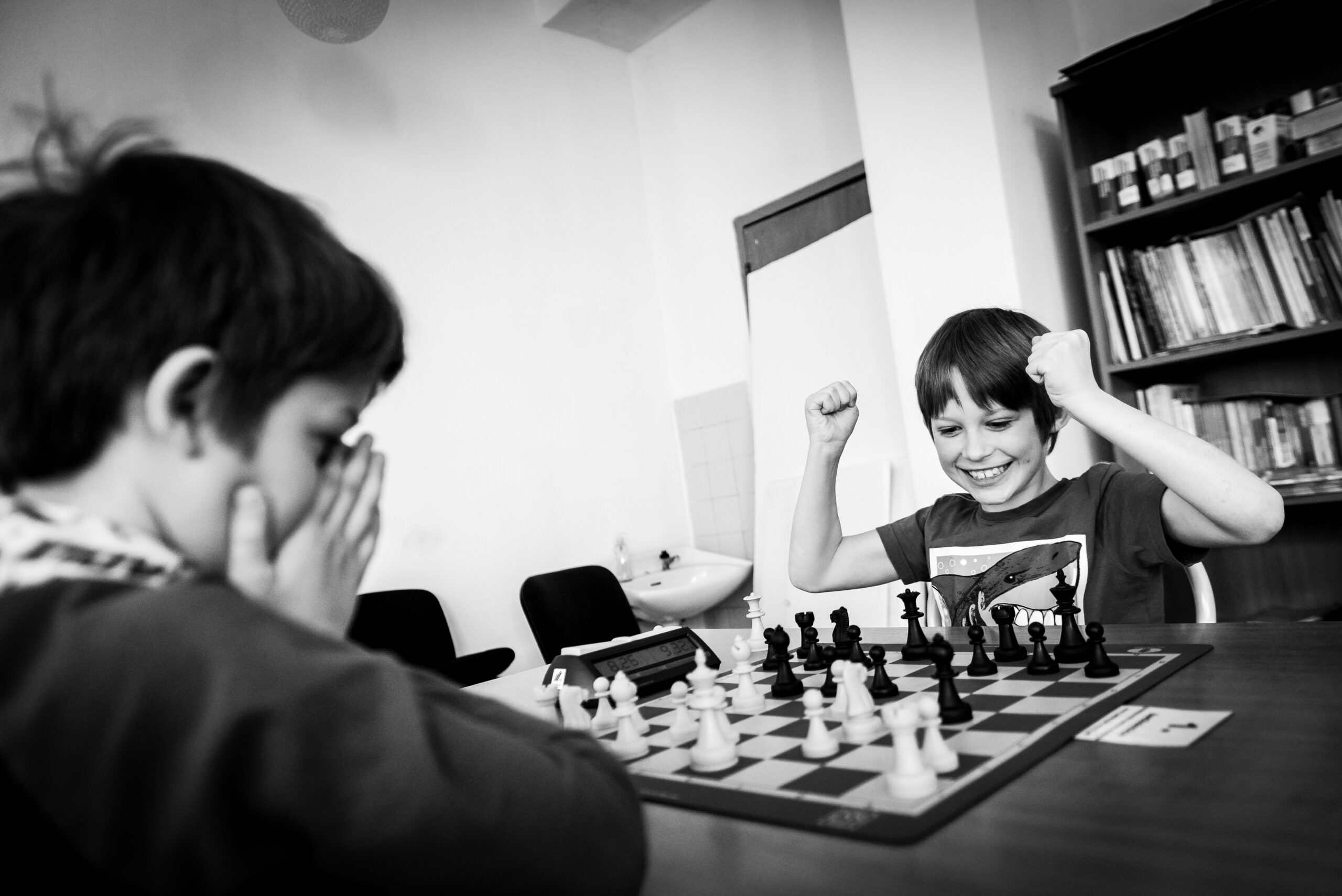Table of Contents
Working for a software house, I’m lucky enough to be surrounded by brilliant programmers and designers. We talk a lot about software development, responsive design, UX, and… gaming! From Fortnite to Minecraft, Among Us to Roblox, we always bond and learn with them. But that makes me think: can games teach soft skills?
In all fairness, the topic is not new. I would recommend the wonderfully-titled paper How World of Warcraft can get you a job, and Relationship between video game genres and soft skills for a deeper dive into video games.
The opportunities are many, from testing timely decision-making in Spelunky to developing strategic planning in Civilization.
But I’d like to point out some less obvious examples from my personal experience.
As a side note, games or gamification practices are now common in corporate or team-building activities. But the focus in this article is on games (especially video games) focused on providing fun and entertainment.
Recap: What Are Soft Skills?

Soft Skills
I’ll be brief. Soft skills are general competencies that help team members succeed when working as a team.
Contrary to technical skills, soft skills are relevant to any seniority level in any industry or domain.
Some soft skills particularly important in software and web development are communication, teamwork, adaptability, critical thinking, and resourcefulness.
Technical Skills
Technical skills are the other side of the coin and are easier to assess and measure.
For example, proficiency with .NET development, years of experience with Javascript, and a stellar UX portfolio focused on web accessibility.
Three Games That Taught Me Soft Skills
Board Games, Card Games – Communication

How would you explain to your grandmother how to play Risk?
Board and card games offer a trove of opportunities to develop soft skills. One moment, in particular, stands out to me: explaining the rules to new players. It can be tricky.
There is no visual onboarding, no interactive tutorial. Body language ends up being a major component since board games and card games usually require everyone to be physically present.
Two scenarios.
First, teaching the basic rules of chess to a person that doesn’t even know checkers.
Second, explaining Monopoly to three Texas Hold’em Poker grandmasters.
How would you do it?
In both cases, you have many aspects to evaluate.
Assessing The Audience
Who am I talking to? What are their expectations? What’s their background with this type of game? How much time to spend before it gets overwhelming? Should I dumb down the rules the first time around?
Those are fascinating questions that usually have to be answered on the fly.
The ultimate test: having fun playing Settlers of Catan with your grandfather having only 5 minutes to explain the rules!
Takeaway
Even when you present the same content, different audiences require different approaches. Asking yourself the right questions helps you tailor the delivery and ensure you connect with them.
This is especially true in software development, as often developers and clients have very different communication styles.
League of Legends – Resilience and Teamwork

Full disclosure: I’m bad at LoL. I feed. With that said…
The game introduced me to friends and provided me with dozen hours of fun. But sessions often presented me with a contentious environment, the so-called “toxic community.”
When playing with people you don’t know, it’s not uncommon to read insults in the chat. Sometimes, following minimal mistakes or unorthodox decisions. And after the first setback, some players might announce to the team that they gave up hope.
It happens even when the stakes are low, such as during unranked matches.
As such, it can be stressful and demotivating, which is why the developers constantly look for ways to address it (and, in their defense, it is difficult to do so, given the enormous user base).
A common strategy is to start the match by muting the whole team, which is ironic to do in a team game. But it works when the goal is to relax and have fun.
At first, this is how I handled it: pick hero, start, /mute all. But over time, I noticed that I could help the team more by having a bit of patience.
Encouraging Teamwork
I changed tactics and insisted on communicating in a positive, but firm manner.
Whenever someone made a mistake and prompted the “Uninstall this game” message, I would double down on constructive comments. Maybe a “Hey player123, why didn’t you use the ult at that time?”. Or “Next time we should ping the objective earlier,” and so on.
Being genuine and non-confrontational often takes aggressive players by surprise. They expect a counterattack. Always.
When you show that a team member (including you) is willing to learn from a mistake, they slowly learn to play with the team.
I’m sure I won’t ever hit the gold rank. But for me, playing the teamwork game became much more fun than destroying bases, and seeing an actual team develop became the goal. If only for a single match.
Takeaway
When working in a troubled team, It’s easier to shut down and only do your part. It takes resilience, but conscientious communication can ease the tension and help the team achieve its goals.
Software and web development pose an additional challenge with its reliance on remote working, which can hinder team working.
Katamari Damacy – Management and Seeing the Big Picture

This example is highly subjective.
In the Katamari franchise, you roll a ball that absorbs everything in its path, from pencils to houses. As more and more objects get stuck, the ball grows larger, allowing you to assimilate bigger objects.
There is a level where you start at a park, rolling over objects such as watermelons and trash bins. With time you get big enough to capture trees, people, and then houses. Soon you are taking in cities, mountains, and clouds. All that in under 25 minutes.
Katamari is not about management, far from it. But it sure works as a metaphor.
Changing Perspectives
In the example above, at first, you can see the tasty fruits, scared people, and frail houses. And that’s it – maybe you have a glimpse of a huge mountain. But, while you grow, your perspective changes.
When you are big enough to devour cities, you can’t grab fruit-sized objects anymore. They are so small you can’t even see them. Now the mountains are the size of cantaloupes.
That is an efficient way of explaining what the big picture is. The higher we climb the management ladder, the harder it is to pay attention to minute issues. There’s just no time or energy to cover each pineapple.
Takeaway
Delegate! It takes time and skill to achieve a higher-level view of a project or company. If you still strain yourself with inconsequential issues, you will waste the time and energy that should be used to deal with important problems.
Conclusion

These are only some of the lessons in soft skills some games unexpectedly taught me. It’s a fascinating topic, which prompts many interesting stories.
We can find learning sources everywhere – it’s a matter of approaching them as a learning tool.



